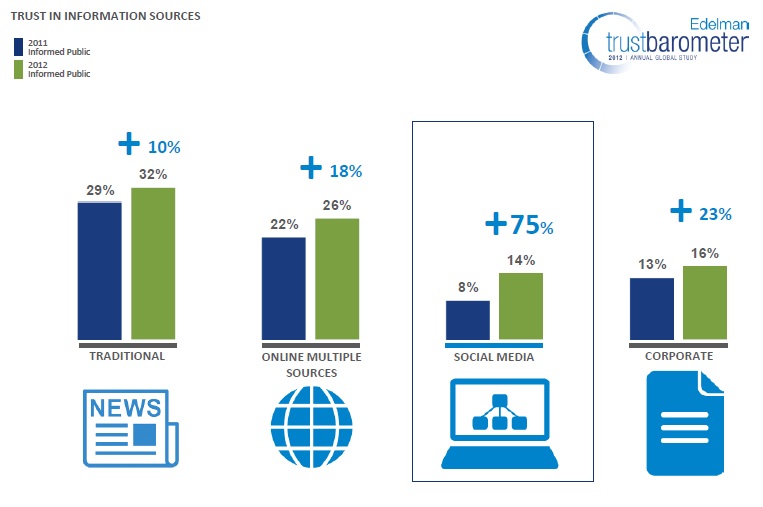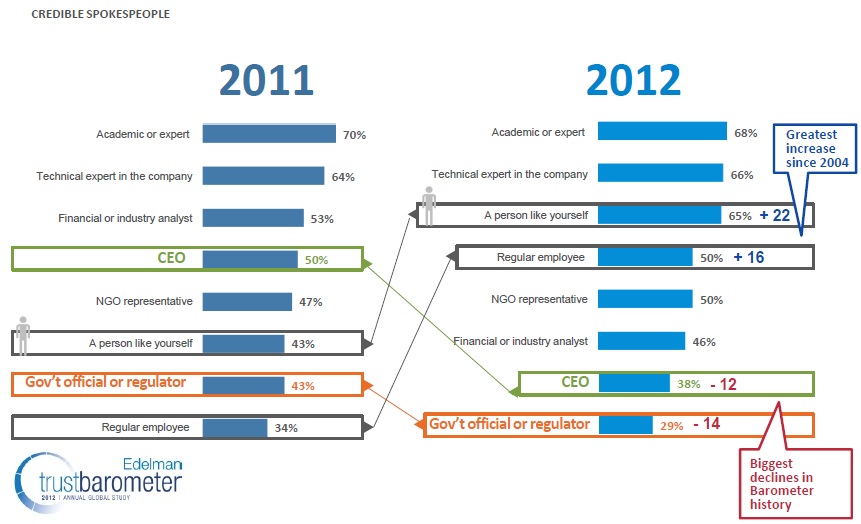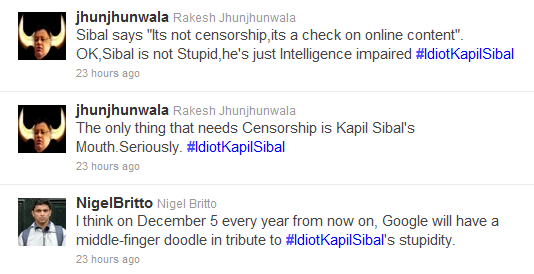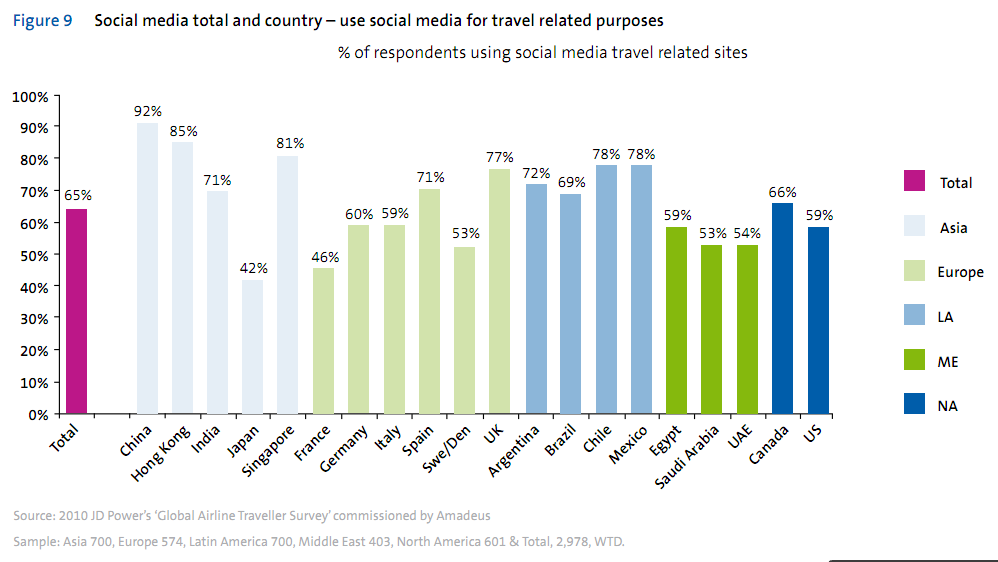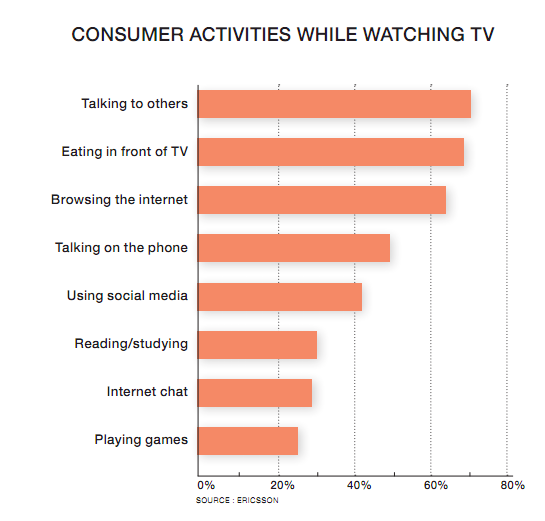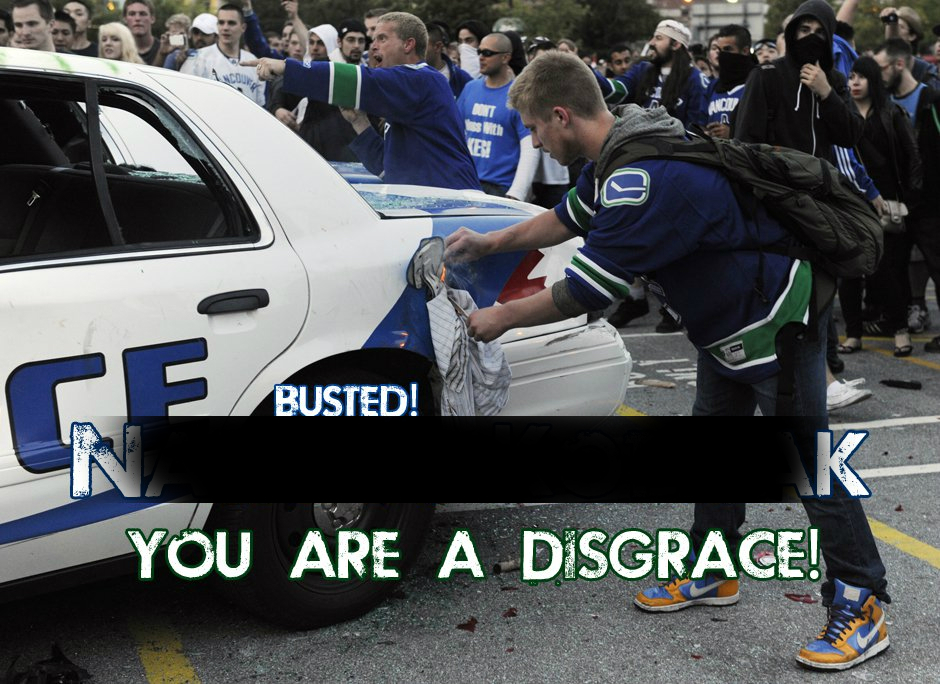Tonight is the second semi-final of the Eurovision Song Contest 2012 in Baku, Azerbaijan. To follow the different entries and their updates in social networks, see the list below. It is an extensive list of official Twitter, YouTube, Facebook, MySpace accounts and more. This list is even more complete than the links on the official Eurovison site. Have fun and may the best songs win.
Social media guide to Eurovision Song Contest 2012 Semi-Final (1)
Official Eurovision social media channels:
Facebook: https://www.facebook.com/EurovisionSongContest
Twitter: https://twitter.com/#!/Eurovision and https://twitter.com/#!/eurovisionpress
Twitter hashtags: #eurovision #esc2012
Advert: Get your £20 Free Bet today! Place a bet on Eurovision 2012 at Unibet.
Participating countries, semi-final 2.
1. Serbia
Artist: Željko Joksimović
Song: Nije Ljubav Stvar
Twitter: https://twitter.com/#!/ZZeljko
Facebook: https://www.facebook.com/rts.zeljkojoksimovic
Web: http://www.zeljkojoksimovic.com/
2. F.Y.R. Macedonia
Artist: Kaliopi
Song: Crno I Belo
YouTube: http://www.youtube.com/user/KMPKaliopi
Facebook: https://www.facebook.com/pages/Kaliopi/11489283394
Web: http://www.kaliopi.com.mk/
3. The Netherlands
Artist: Joan Franka
Song: You And Me
Twitter: https://twitter.com/#!/JoanFranka
Facebook: https://www.facebook.com/JoanFrankaOfficial
Web: http://www.joanfranka.com
4. Malta
Artist: Kurt Calleja
Song: This Is The Night
Twitter: https://twitter.com/#!/Kurtcalleja
Facebook: https://www.facebook.com/kurtcallejaofficial
5. Belarus
Artist: Litesound
Song: We Are The Heroes
Twitter: https://twitter.com/#!/litesoundband
YouTube: http://www.youtube.com/user/litesoundband
Facebook: https://www.facebook.com/litesoundmusic
MySpace: http://www.myspace.com/litesound
6. Portugal
Artist: Filipa Sousa
Song: Vida Minha
Facebook: http://www.facebook.com/FilipaSousaCantora
Web: http://filipasousa.com/en
7. Ukraine
Artist: Gaitana
Song: Be My Guest
Twitter: https://twitter.com/#!/lavinamusic
YouTube: http://www.youtube.com/gaitana
Facebook: http://kull.in/JxK82y
MySpace: http://www.myspace.com/gaitana
Web: http://gaitana.com/
8. Bulgaria
Artist: Sofi Marinova
Song: Love Unlimited
Twitter: https://twitter.com/#!/Sofi_Marinova
YouTube: http://www.youtube.com/SofiMarinovaTV
Facebook: https://www.facebook.com/Sofi.Marinova.Official
Web: http://www.sofi-marinova.com/
9. Slovenia
Artist: Eva Boto
Song: Verjamem
Facebook: https://www.facebook.com/EvaBotoSlovenia
10. Croatia
Artist: Nina Badrić
Song: Nebo
Twitter: https://twitter.com/#!/ninabadric7
YouTube: http://www.youtube.com/user/OfficialNinaBadric
Facebook: https://www.facebook.com/NinaBadricOfficial
MySpace: http://www.myspace.com/ninabadricofficial
Flickr: http://www.flickr.com/photos/ninabadric/
Web: http://www.ninabadric.com/
11. Sweden
Artist: Loreen
Song: Euphoria
Twitter: https://twitter.com/#!/LOREEN_TALHAOUI
Twitter hashtag: #loreen12p
Facebook: https://www.facebook.com/LoreenTalhaoui
Instagram: @loreenofficial: http://statigr.am/viewer.php#/user/50776176/
12. Georgia
Artist: Anri Jokhadze
Song: I’m A Joker
Facebook: https://www.facebook.com/geoblogi
13. Turkey
Artist: Can Bonomo
Song: Love Me Back
Twitter: https://twitter.com/#!/canbonomo
Facebook: https://www.facebook.com/canbonomo
MySpace: http://www.myspace.com/canbonomo
Tumblr: http://canbonomo.tumblr.com/
Vimeo: http://vimeo.com/canbonomo
Web: http://www.canbonomo.com/
14. Estonia
Artist: Ott Lepland
Song: Kuula
Twitter: https://twitter.com/#!/Ottlepland
Facebook: https://www.facebook.com/ottlepland
MySpace: http://www.myspace.com/ottlepland
15. Slovakia
Artist: Max Jason Mai
Song: Don’t Close Your Eyes
Twitter: https://twitter.com/#!/MaxJasonMai
YouTube: http://www.youtube.com/user/maxjasonmai
Facebook: https://www.facebook.com/maxjasonmai
Web: http://www.maxjasonmai.com/
16. Norway
Artist: Tooji
Song: Stay
Twitter: https://twitter.com/#!/Tooji_
Facebook: https://www.facebook.com/OfficialTooji
17. Bosnia & Herzegovina
Artist: Maya Sar
Song: Korake Ti Znam
Twitter: https://twitter.com/#!/mayasarofficial
YouTube: http://www.youtube.com/user/MayaSarOfficial
Facebook: https://www.facebook.com/mayasarofficial
MySpace: http://www.myspace.com/mayasar
Google+: https://plus.google.com/102371423251611121007
18. Lithuania
Artist: Donny Montell
Song: Love Is Blind
Twitter: https://twitter.com/#!/DonnyMontell
YouTube: http://www.youtube.com/donnymontell
Facebook: https://www.facebook.com/pages/Donatas-Montvydas/27243344154
